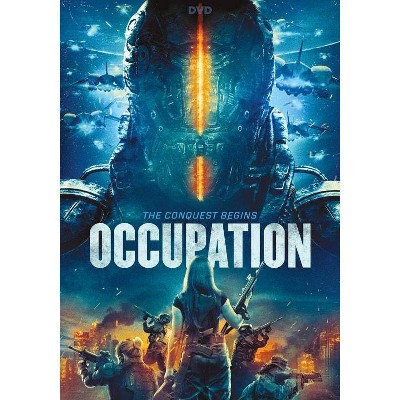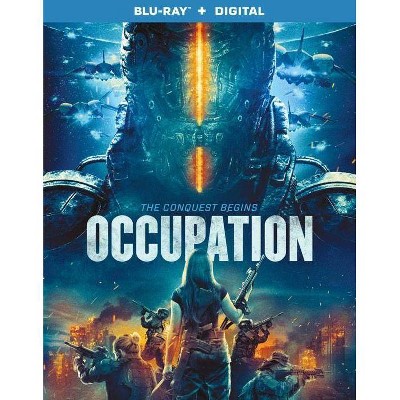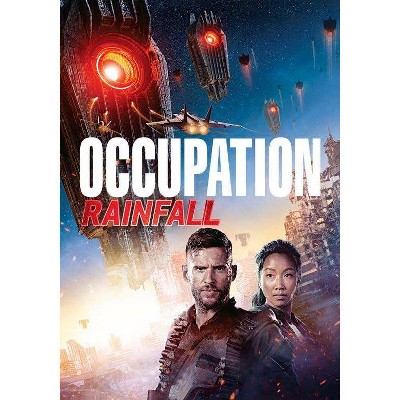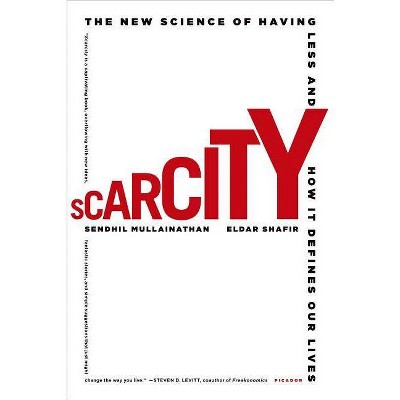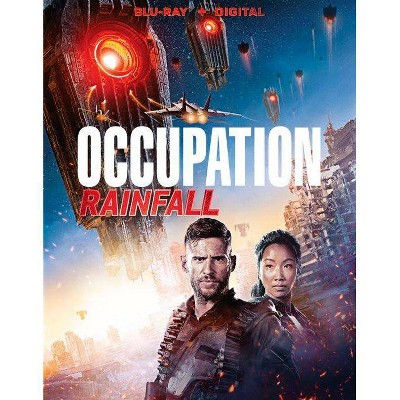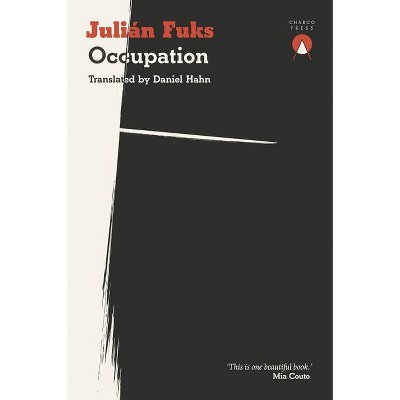A Half Century of Occupation - by Gershon Shafir (Hardcover)
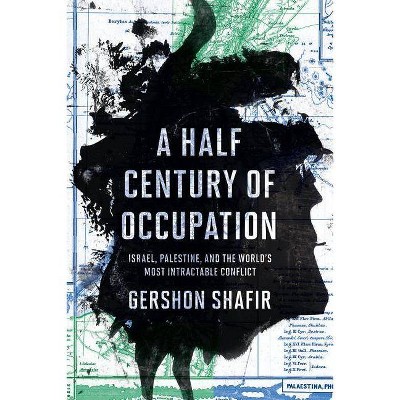
Similar Products
Products of same category from the store
AllProduct info
<p/><br></br><p><b> About the Book </b></p></br></br>"The Israel-Palestine conflict is one of the most polarizing and long-lived confrontations in the world. Tearing communities apart in Israel and Occupied Palestine, with repercussions across the globe, Israel's "temporary" occupation turns a half century old in 2017. This timely and provocative book offers a background history and context for general readers and covers the major turning points of the conflict. Expertly detailing the political, diplomatic, and legal dimensions of the struggle, Gershon Shafir examines the effect of the colonization of occupied territories on Israel's democracy and offers compelling reasons and possibilities for ending the occupation now."--Provided by publisher.<p/><br></br><p><b> Book Synopsis </b></p></br></br>The Israel-Palestine conflict is one of the world's most polarizing confrontations. Its current phase, Israel's "temporary" occupation of the West Bank, Gaza, and East Jerusalem, turned a half century old in June 2017. In these timely and provocative essays, Gershon Shafir asks three questions--What is the occupation, why has it lasted so long, and how has it transformed the Israeli-Palestinian conflict? His cogent answers illuminate how we got here, what here is, and where we are likely to go. Shafir expertly demonstrates that at its fiftieth year, the occupation is riven with paradoxes, legal inconsistencies, and conflicting interests that weaken the occupiers' hold and leave the occupation itself vulnerable to challenge.<p/><br></br><p><b> From the Back Cover </b></p></br></br>"An indispensable guide for anyone who wants to understand the occupation that has blighted Israeli and Palestinian lives for fifty years."--Peter Beinart, author of <i>The Crisis of Zionism </i> <p/> "Fifty years after the Six-Day War, Israeli direct control over the West Bank and indirect control over Gaza continue with no end in sight. While younger generations of Palestinians have grown up knowing nothing but occupation, all global citizens need to learn or be reminded of how it came about, its nature, and the reasons for its longevity. Gershon Shafir tells this story masterfully, with clarity and passion. A much-needed guidebook for understanding one of the great moral questions of our time."--James Gelvin, author of <i>The Israel-Palestine Conflict: One Hundred Years of War </i> <p/> "<i>A Half Century of Occupation</i> approaches the most fraught of subjects with compelling analysis, meticulous research, and plain old common sense. Shafir's insights are valuable both for those with experience in the politics and history of the Middle East and for those new to the subject."--Ayelet Waldman, novelist, author of <i>Love and Treasure, </i> and coeditor of <i>Kingdom of Olives and Ash </i> <p/> "In this thoughtful, sober, and astute study of fifty years of Israeli rule in the West Bank and Gaza Strip, Shafir poses the right questions, treats them with the depth of knowledge and analysis they require and deserve, and reaches conclusions that are insightful and nuanced in equal measure. Additionally, and crucially, he helps us to prepare for the future as we better understand the past. This essential book is certain to withstand the tests of time."--Mouin Rabbani, Senior Fellow, Institute for Palestine Studies <p/> <br><p/><br></br><p><b> Review Quotes </b></p></br></br><br>"His recent book, <i>A Half Century of Occupation</i> adds to his very insightful contributions to our understanding of this conflict. . . . It is well written, filled with historical facts and reasonable analyses and conclusions."-- "European Legacy"<br><br><i>"A Half Century of Occupation</i> should be a part of any academics bookshelf. It is well grounded in international law, humanitarian law, and history. It is very well written, and while it is essentially an academic book, it should be accessible to those with some knowledge of the themes under discussion."-- "The Palestine Chronicle"<br><br>"An honest and informative critique of the 1967 occupation."-- "The Middle East Journal"<br><br>"Shafir deserves credit for exploring how Palestinians and Israelis can find a path to achieve peace, equality, and justice. His analysis and suggestions deserve to be assessed and debated widely."-- "H-Net"<br><br>"Shafir's answers reveal not only Israel's tangled web of domination and colonization, but also a measure of hope that territorial partition of Palestine remains still feasible. . . . provides a good introduction to the ideological and legal debate surrounding the occupation that will be appreciated by scholars and general readers alike."-- "Terrorism & Political Violence"<br><p/><br></br><p><b> About the Author </b></p></br></br><b>Gershon Shafir</b> is Professor in the Department of Sociology at the University of California, San Diego, and the founding director of its Human Rights Program. He has served as President of the Association for Israel Studies and is the author or editor of ten books, among them <i>Land, Labor, and the Origins of the Israeli-Palestinian Conflict, 1882-1914</i>. He is also the coauthor, with Yoav Peled, of <i>Being Israeli: The Dynamics of Multiple Citizenship, </i>which won the Middle Eastern Studies Association's Albert Hourani Award in 2002, and the coeditor, with Mark Levine, of <i>Struggle and Survival in Palestine/Israel</i>.
Price History
Price Archive shows prices from various stores, lets you see history and find the cheapest. There is no actual sale on the website. For all support, inquiry and suggestion messagescommunication@pricearchive.us


